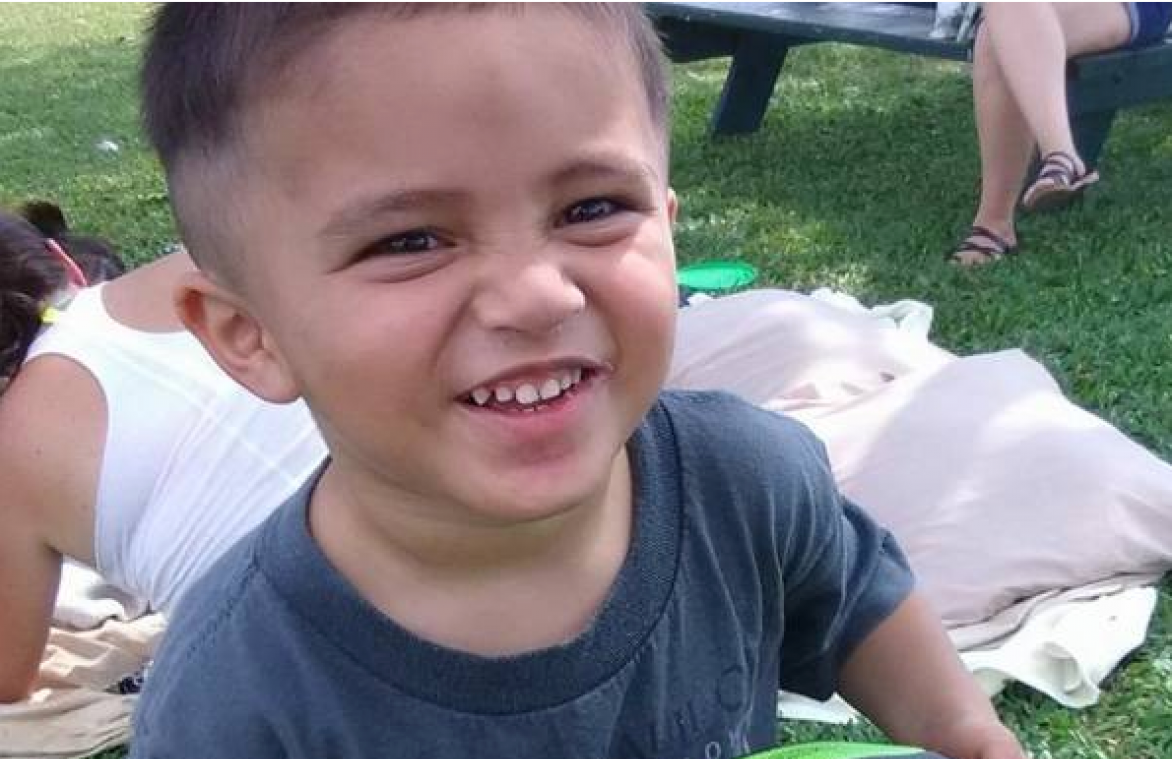A Hawaii family court erred in prohibiting parents whose child died in foster care from disclosing the names of their other two children who were still in foster care, the state high court has ruled. The Hawaii Supreme Court determined that the family court order constituted a prior restraint on expression.
In January 2016, the family court awarded the Department of Human Services (DHS) supervision over the parents’ three children based on “hazardous and dangerous” physical living conditions and substance abuse issues. Later that year in July, the family court awarded DHS foster custody of the three children.
However, about a year later in July 2017, the 3-year-old child, known in court papers as “FG”, died while in foster care. DHS moved for a court order to prohibit the parents from disclosing confidential information related to the children and the court case to the public without prior court authorization.
The family court granted such a temporary restraining order, broadly prohibiting the parents from disclosing any information related to the children’s foster custody status, the children’s caregivers, the involvement of DHS, and any administrative or law enforcement investigation into the child’s death.
An unconstitutional prior restraint on speech
The parents contended that such a broad order violated their First Amendment rights and constituted an unconstitutional prior restraint on speech. The mother had posted on Facebook about the tragedy and the father had given a television interview about it.
The family court modified its ruling but still prohibited the parents from “disclosing the names of the two children still in foster custody to the general public, including but not limited to the media, social media, or internet postings.”
The parents appealed to the Hawaii Supreme Court, which reversed in its June 28, 2018, ruling in In re FG. DHS had argued that protecting the confidentiality of children involved in child proceedings was an overwhelming interest that surpassed virtually all else. The state high court recognized that “there is a constitutionally recognized compelling state interest in keeping child abuse records confidential.”
Court failed to consider parents’ First Amendment rights
However, before a court can issue such a broad prohibition on the disclosure of information, the court must make specific written findings that establish that parents’ conduct in disclosing their children’s names to the public posed a serious and imminent threat. The state high court also noted that the family court “failed to identify or assess the parent’s First Amendment interests.” In a footnote, the state high court elaborated that the state has an interest in ensuring that the foster care system is accountable.
The Hawaii Supreme Court wrote that the family court failed to show that its order was narrowly drawn or that less speech-restrictive alternatives were not available. The court concluded that “the family court did not engage in the requisite constitutional analysis to support a prohibition against disclosure of Parents’ children’s names.”
On remand, the state high court explained that the family court – if it wishes to revise its order – must explain how the release of the children’s names poses a serious danger to the children’s best interests.
Aside from the venerated concept of prior restraint, the Hawaii high court’s ruling appears to comport with common sense. A court order that would prohibit parents from disclosing the names of their two children in foster care – when their third child died in foster care – borders on the absurd.
Someone in the foster system should have to answer some serious questions as to how a 3-year-old child died in foster custody. The parents in this case have compelling First Amendment freedoms that should be respected.The family court should not trample on the parents’ free-speech rights. They have lost far too much already.
David L. Hudson, Jr. is a First Amendment attorney and author who has written, co-written, or co-edited more than 40 books, including First Amendment: Freedom of Speech (Thomson Reuters, 2012) and Documents Decoded: Freedom of Speech (ABC-CLIO, 2017).

